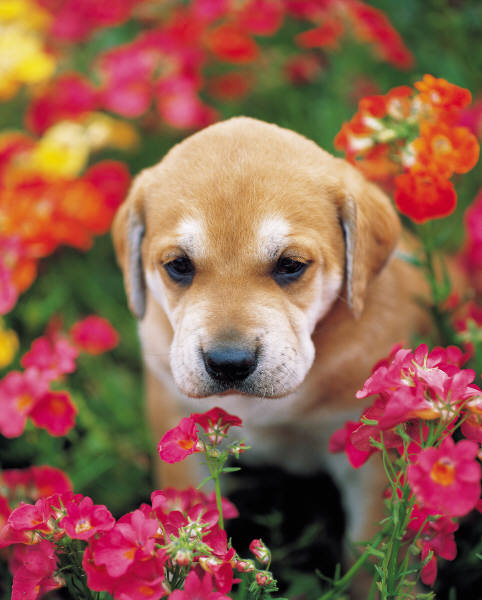Sudbury Animal Hospital Lists Toxic Garden/Yard Plants
The anticipation for gardening season for all those “green thumbs” is almost over!! Planting season will soon be upon us BUT did you know that many common garden plants are toxic to our pets?? The Barrydowne Animal Hospital, a Sudbury Animal Hospital, has compiled a list of the 10 most common garden plants that could be hazardous to your four legged friends. This way, you can have a beautifully landscaped yard that is safe and pet friendly. Happy Gardening!!
1) Aloe Vera – While this plant is great for helping to heal burns for humans it is toxic to both dogs and cats. Symptoms include vomiting, depression, diarrhea, anorexia, tremors and a change in urine colour.
2) Azalea/Rhododendron – Our Sudbury Animal Hospital know that this plant is toxic to many animals including dogs, cats, horses, goats, sheep and ingesting only a few leaves could be dangerous. Symptoms to look for are digestive upset, excessive drooling, loss of appetite, diarrhea, weakness, paralysis, low heart rate, coma and sometimes death.
3) Begonia – This plant is toxic to both dogs and cats with the tubers being the most poisonous. Ingestion can cause oral irritation, burning of mouth, tongue and lips, excessive drooling, vomiting, difficulty swallowing.
4) Castor Bean – Our Sudbury Animal Hospital advise keeping dogs and cats clear of this plant. The Riccin component is the most toxic. Symptoms are abdominal pain, drooling, vomiting, diarrhea, thirst, weakness, loss of appetite. Severe poisoning can cause dehydration, muscle twitching, tremors, seizures, coma, and in the most severe cases it can cause death.
5) Daffodil – The bulbs are the most toxic to both dogs and cats so if your pet is a digger, these plants should be avoided. Symptoms include vomiting, salvation, diarrhea, convulsions, low blood pressure, tremors, and cardiac arrhythmias.
6) Lilies – Our Sudbury Animal Hospital states that these plants only affect our feline friends and are extremely toxic in even the smallest portions. Cats can experience kidney failure that could result in death.
7) Milkweed – While they are great for attracting Monarch butterflies, they are toxic to both dogs and cats. Symptoms to look for are vomiting, depression, weakness, anorexia, diarrhea, seizures, difficulty breathing, rapid/weak pulse, dilated pupils, kidney or liver failure, coma, respiratory, paralysis and even death.
8) Morning Glory – There is no glory involved when cats or dogs ingest this plant. Symptoms include upset stomach, agitation, tremors, disorientation, anorexia, hallucinations.
9) Oleander – Our Sudbury Animal Hospital want you to know that there are highly toxic levels of cardiac glycoside in this plant that will affect cats, dogs, and horses. Symptoms to look for are bloody diarrhea, sweating, shallow and difficulty breathing, tremors, and death from cardiac failure.
10) Tomato Plant – While ingestion for dogs and cats may not be lethal, these plants are quite common in most gardens. Symptoms include hyper salvation, decreased appetite, stomach upset, diarrhea, drowsiness, confusion, depression, behavioural changes, weakness, dilated pupils, and a slow heart rate.
If you think your pet has ingested any of these plants and/or are displaying any symptoms of plant poisoning, please contact our Sudbury Animal Hospital at 705-566-4243 or your veterinarian immediately, as early detection and treatment can often make a difference in recovery. For more information you can also visit our website at www.barrydowneanimalhospital.com or our Facebook page at www.facebook.com/BarrydowneAnimalHospital. Happy Spring and safe gardening from the staff at the Barrydowne Animal Hospital!!

